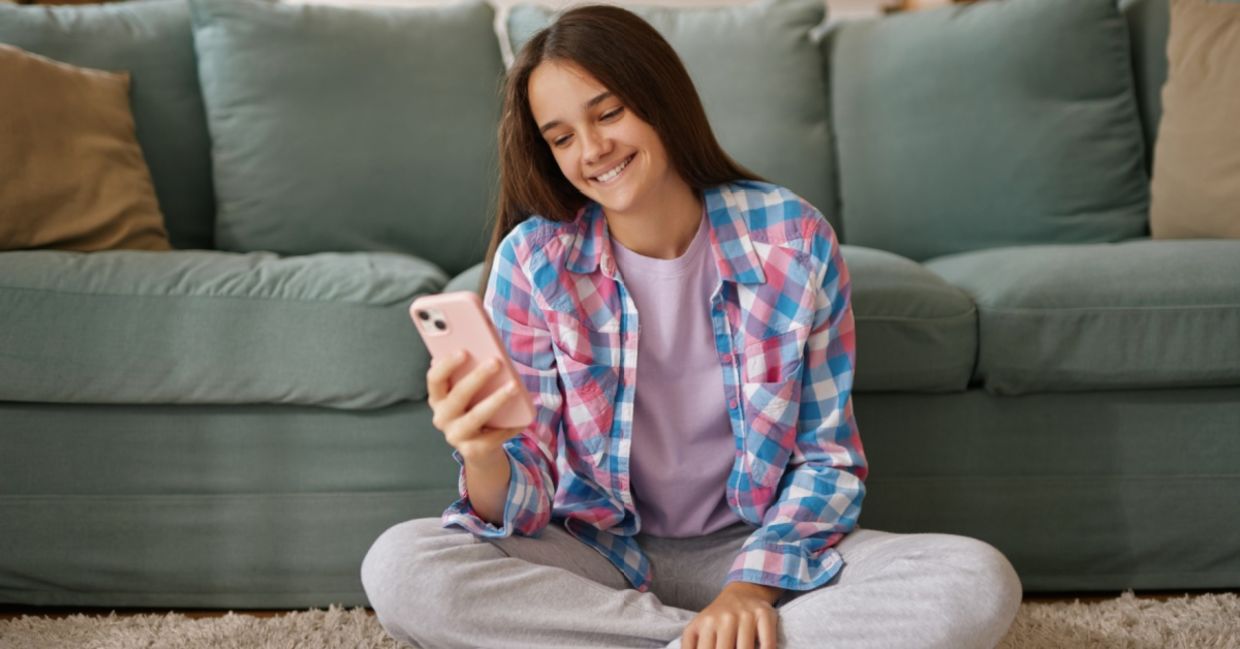
(Kiselev Andrey Valerevich / Shutterstock.com)
In many ways, artificial intelligence (AI) has made life easier from GPS to medical devices to ChatGBT; an enhanced Chatbot that utilizes language models to understand context. While ChatGBT can help you find answers and resources quickly, it may be too realistic.
According to AP News, teens are now turning to AI for companionship and friendship. Kayla Chege, a 15-year-old high school student in Kansas is using AI for advice on makeup, back-to-school shopping, and even for ideas about her upcoming sweet 16. These are questions that are usually reserved for friends.
AI is Always There for You
In fact, more than 70 percent of teens have used AI companions – platforms that are designed to serve as digital friends – according to a recent study from Common Sense Media, a group that studies screens and digital media and advocates for sensible use.
According to the researchers, these AI platforms like Character.AI or Replika can be customized with specific traits and personalities and can offer conversations and emotional support. In fact, the survey found that 31 percent of teens said that their conversations with the AI companions were “as satisfying or more satisfying” than speaking with friends.
“AI is always available. It never gets bored with you. It’s never judgmental,” Ganesh Nair, an 18-year-old in Arkansas told AP. “When you’re talking to AI, you are always right. You’re always interested. You are always emotionally justified.”
But There are Consequences
For the pandemic generation, it is easy to see why teens would turn to AI companions out of loneliness, stressed Thread Newsletter. Even now, five years later, the effects of the pandemic linger on.
It’s harder to make real-world friends and social interactions can be messy and risky. AI friends are free, made just for you, and offer a refuge from human relationships. After all, why risk rejection when you can have a friend who will never reject you?
While this sounds ideal, it can actually increase isolation and social anxiety. Overuse of AI for emotional regulation can also make conditions like anxiety and depression worse. That’s why it is important to understand why this is happening.
Adolescence is a time for teens to develop social skills, and independence, according to AP. “If teens are developing social skills on AI platforms where they are constantly being validated, not being challenged, not learning to read social cues, or understand somebody else’s perspective, they are not going to be adequately prepared in the real world,” Michael Robb, the study’s lead author and head researcher at Common Sense told AP.
The middle ground is for AI companions to complement but not replace real-life relationships and interactions. That’s why encouraging you th to join social clubs is important. Limiting these platforms, especially for younger teens is the best way to help adolescents grow into mentally healthy adults.
YOU MIGHT ALSO LIKE:
AI-Backed Avatars Help Gen-Z Find Love
Can Artificial Intelligence Help Boost Wellbeing?
Young Americans Learn About Current Events Through Social Media







